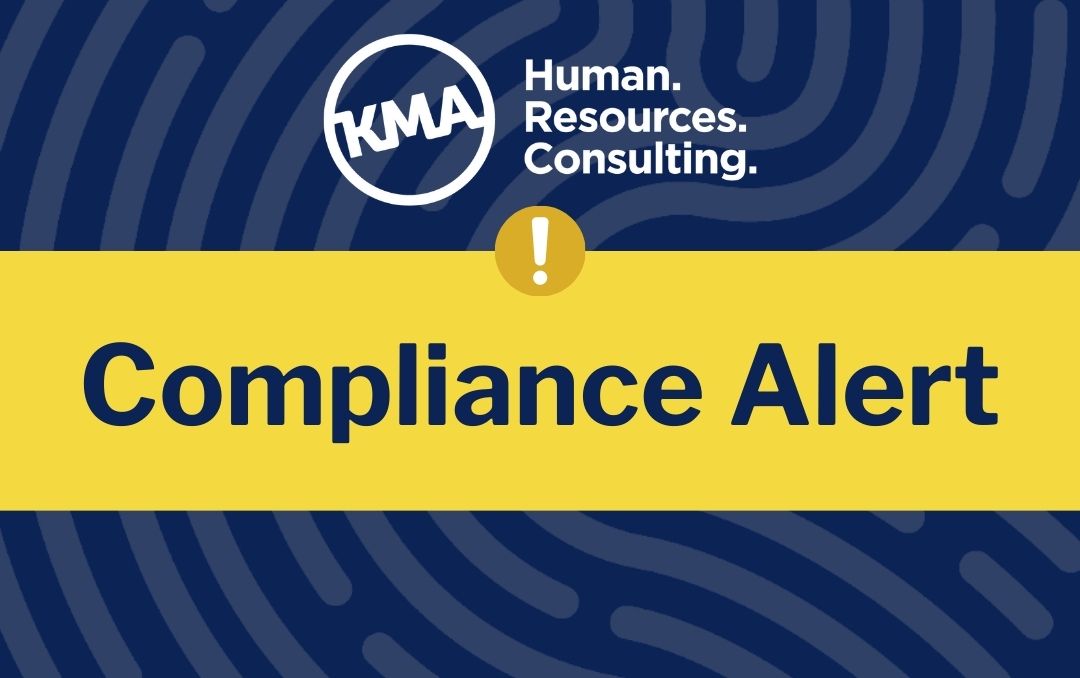
A federal district court in Texas has vacated the U.S. Department of Labor’s (USDOL) Final Rule, which sought to raise the salary thresholds for the executive, administrative and professional (EAP) exemptions under the Fair Labor Standards Act (FLSA). This ruling applies nationwide.
The now-invalidated Final Rule had planned to increase the minimum salary thresholds in three stages:
- July 1, 2024: $684 to $844 per week.
- January 1, 2025: $844 to $1,128 per week.
- Every three years thereafter: Automatic adjustments.
Note that the first increase, which took effect on July 1, 2024, has been vacated as well.
What Happens Next?
The USDOL must now either propose a new salary threshold, or appeal the decision. If an appeal is filed before the anticipated change in administration, it is likely to be withdrawn by the Trump administration. There is also a possibility that a private party might attempt to intervene and defend the rule on appeal. Regardless, the Final Rule is effectively nullified for now.
Court’s Rationale
The court’s 62-page opinion asserts that while the FLSA does not mandate a salary requirement, the USDOL can impose one as a reasonable proxy for job duties. However, the court found the proposed salary thresholds too high to reasonably reflect the duties that determine exempt status, as outlined in the statute.
What Salary Levels Apply Now?
With the Final Rule vacated, the salary levels revert to those set in 2019:
- Standard Exemption: $684 per week ($35,568 annually).
- Highly Compensated Exemption: $107,432 annually.
Employer Considerations
- If so inclined, employers can roll back changes they made to comply with the rule in July. However, they can’t retroactively reduce pay or change an employee’s classification.
- Employers planning to increase salaries in January to comply with the Final Rule may reconsider those adjustments. However, they should be mindful of state-level requirements like Maine’s, which exceed federal thresholds. In addition to Maine, the following states have higher salary requirements: Alaska, California, Colorado, New York, and Washington.
- Employees should be made aware of any changes to their pay or classification before the changes take effect, and in compliance with any applicable state or local laws, which may have specific notice requirements.
- Employers should also consider the potential impacts on employee morale.
Reach out to the experts at KMA for additional guidance on how this update impacts your business.
